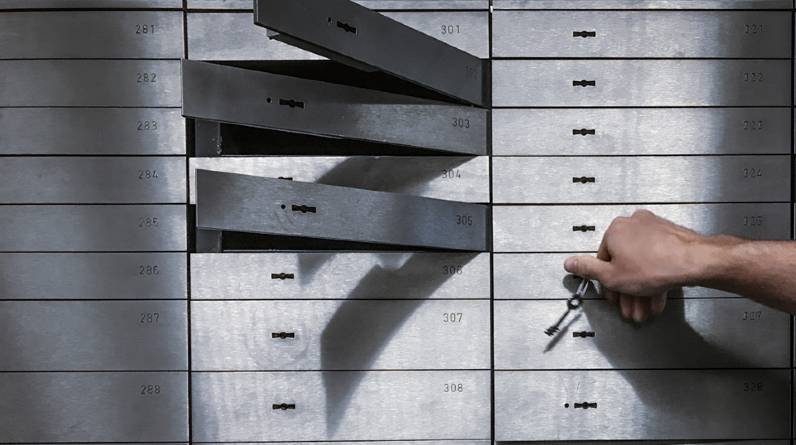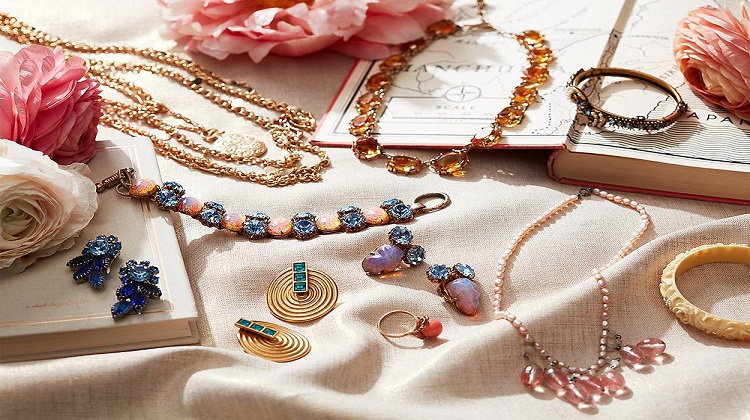
There are a number of rules that you must follow when you are storing your gold. If you don’t follow these rules, you could find yourself in some serious trouble. Below, you will learn the basic rules that you need to keep in mind, and you’ll also find some information about how to choose the best storage facilities for your gold.
Insurance coverage
When it comes to insuring precious metals, there are a variety of different options. For example, you may be able to obtain insurance coverage through your home owner’s policy. However, you’re likely to have to pay an expensive premium for this coverage.
There is also an option for insurance protection through an authorized depository. These facilities, such as Brink’s, provide high security, insured storage for valuable coins and bullion.
Another popular option is to store your precious metals in a self-storage facility. Many of these facilities offer insurance coverage, and if you choose to work with an independent provider, you’ll have full control over the storage of your gold.
An alternative to storing your coins and bullion at a private vault is to put them in a safe deposit box. However, these boxes are not insured by the FDIC. They are, however, insured by some private insurance companies.
A final option is to store your metals in an insured physical storage facility. The benefits of this type of storage are high, and they also allow convenient digital access.
Insurance companies have to agree to cover a certain amount of the value of the items being stored, or they’ll try to fit your bullion into existing coverage. In order to get the best deal, you’ll need to shop around.
While it’s true that a homeowner’s insurance policy is an affordable option, it’s important to consider the coverage you receive. This is especially true if you’re storing investment grade gold and silver.
In the case of theft or a fire, your gold can be worth nothing if you don’t have the proper coverage. So, it’s wise to invest in a quality insurance policy that can protect your investment.

Security measures
If you have bought gold, then you have to find a way to secure your holding. There are different methods for securing your gold, including using a depository, like Brinks Depository, offsite storage, or storing it in your home. Ultimately, you need to choose the method that works best for your personal situation.
You can safely store precious metals in your home if you have a fireproof safe and insurance coverage. However, if you have more than a few ounces of gold, you may want to look at offsite or other options.
A good way to store your precious metals is to store them in a professional gold storage vault. These vaults are designed with state-of-the-art security features and offer constant surveillance. They also provide optimal protection for your investment.
Some people prefer to store their gold at their own homes. It is a practical solution, but it also carries the risk of theft. To increase the safety of your precious metals, consider investing in a fireproof safe, additional insurance coverage, and other protective layers.
Using a safe deposit box for your bullion is a sensible choice if you have expensive jewelry or rare coins. But be aware that banks do not insure the contents of your box. That means you will have to pay for a deductible if you lose the contents of your safe deposit box. Alternatively, you can use a third party storage facility.
In addition to a fireproof safe, your home storage should have three other layers of security. For instance, you should invest in a decent vault and a china cabinet. The floorboards are another layer of protection.

Home storage options
If you have precious metals in your possession, it is important to find an effective way to store them. There are many different storage options to choose from. It’s important to find the best fit for your needs and your budget. You can visit this site for more information on creating a budget.
The most popular option is to have the precious metals stored in a safe deposit box. This is a great solution because it provides top level security. However, there are some drawbacks.
While the storage in a safety deposit box is safe, the gold is not insured. Depending on the company, you may have to pay an ongoing storage fee. Also, you cannot access the valuables if the box is locked.
Another common method of storing precious metals is burying them in the yard. This can be dangerous, because you can’t always see them. A safer solution would be to purchase a lockable jewelry box or a floor safe.
Some people prefer to have their gold stored at home. This is easy, but not ideal. Having a lot of valuables in your home can increase your risk of burglary. Furthermore, you may be unable to sell your metals in the future, if you don’t have an accessible location for them.
In addition to security issues, home storage doesn’t offer you the same convenience as offsite storage. To store your gold, you’ll need to buy a good vault or safe. You’ll also need to invest in dehumidifiers and desiccants.
Despite these drawbacks, there are still a number of advantages to onsite storage. The biggest advantage is that you don’t have to worry about losing your gold.
Offshore storage options
Offshore gold storage is an excellent option for precious metal investors. It’s a safe and secure way to protect your assets and provide peace of mind.
A common question that arises when investing in precious metals is where to store them. There are many different locations and you should consider the risks and the convenience of the options.
Some countries are more risky than others. If you are considering offshore gold storage, you should select a country with strong depositor protection. In addition, you should choose a country that offers a vault that is reputable and private.






